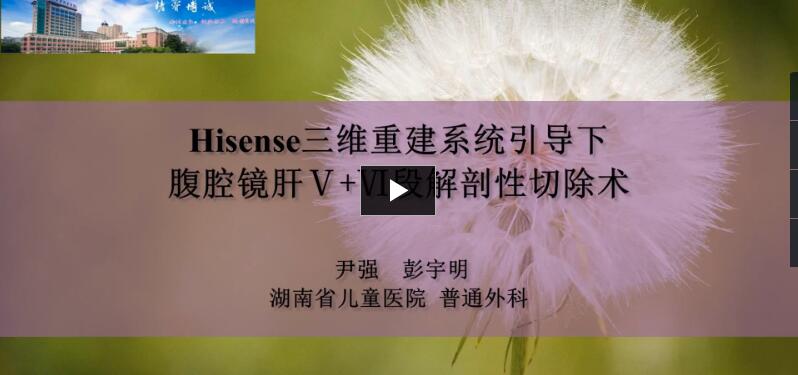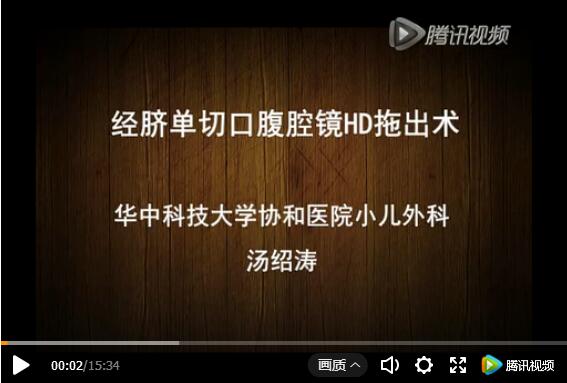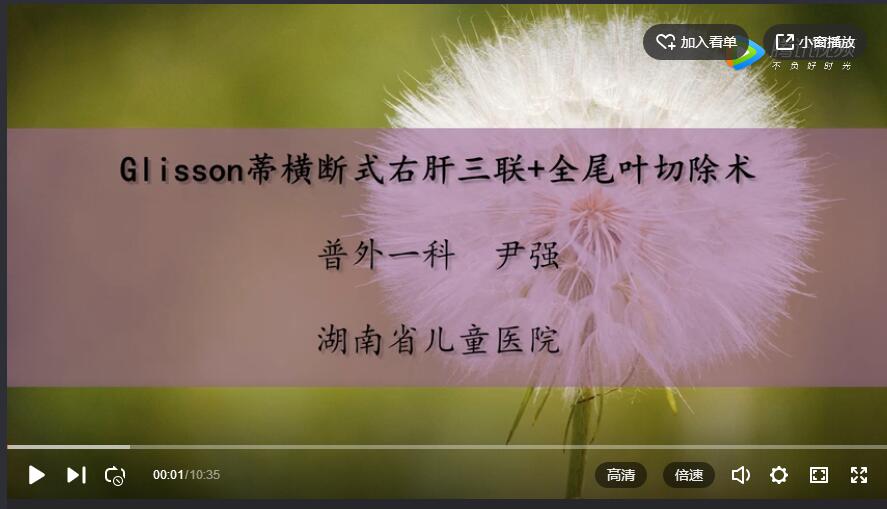J Clin Ped Sur recognizes that the allegations of misconduct may have a negative impact on the researcher¡¯s career. Therefore all allegations of moral misconducts will be seriously dealt with and thoroughly investigated. The surveying principles are as follows:
1 A chief editor should always be the first point of contact. If the allegation is for editor-in-chief, it should be sent to the publisher for further investigation.
2 If a third party receives a plagiarism allegation, editor-in-chief will seek the original author or copyright owner¡¯s response before making a suggestion.
3 At any time, editor-in-chief will maintain a neutral attitude, act with integrity and educate as much as possible.
4 Publishers are not obliged to discuss any case of suspected plagiarism with any third party.
5 If the complainant presents a false name or affiliation, or acts on the journal editor and employee in a threatening manner, the publisher may reserve the right not to continue processing the case.
In addition, please be sure to review the following guides to understand that plagiarism may be suspected in articles submitted or published by the journal.
J Clin Ped Sur welcomes all authors to submit manuscripts. It should be aware that the submitted papers are based entirely on their own researches and understand the importance of expressing the results of papers in their own language. Therefore, the following types of moral misconduct should be avoided. Behaviors: a) Copying the text flow of important paragraphs or other people¡¯s works verbatim without confirmation, quote or use quotation marks; b) Inappropriately explaining another person¡¯s work or sentences in a piece of text are rearranged without proper attribution; c) Reusing elements of other people¡¯s work (e.g. pictures and forms, etc.).
J Clin Ped Sur requires all authors to sign a copyright form that clearly stating that their previously submitted work has not yet been published. If the work has previously been published in another publication, the author must acknowledge previous work and point out the differences in follow-up work and build on research and conclusions contained in previous work. It is unacceptable to copy the author¡¯s own work and interpretation verbatim, and we recommend that you only repeat the study to support a new conclusion. Authors should cite all previous publication stages and main ideas and eventually complete the final work, including conference papers, workshop reports and list services. This will ensure that a complete record of work is recorded.



